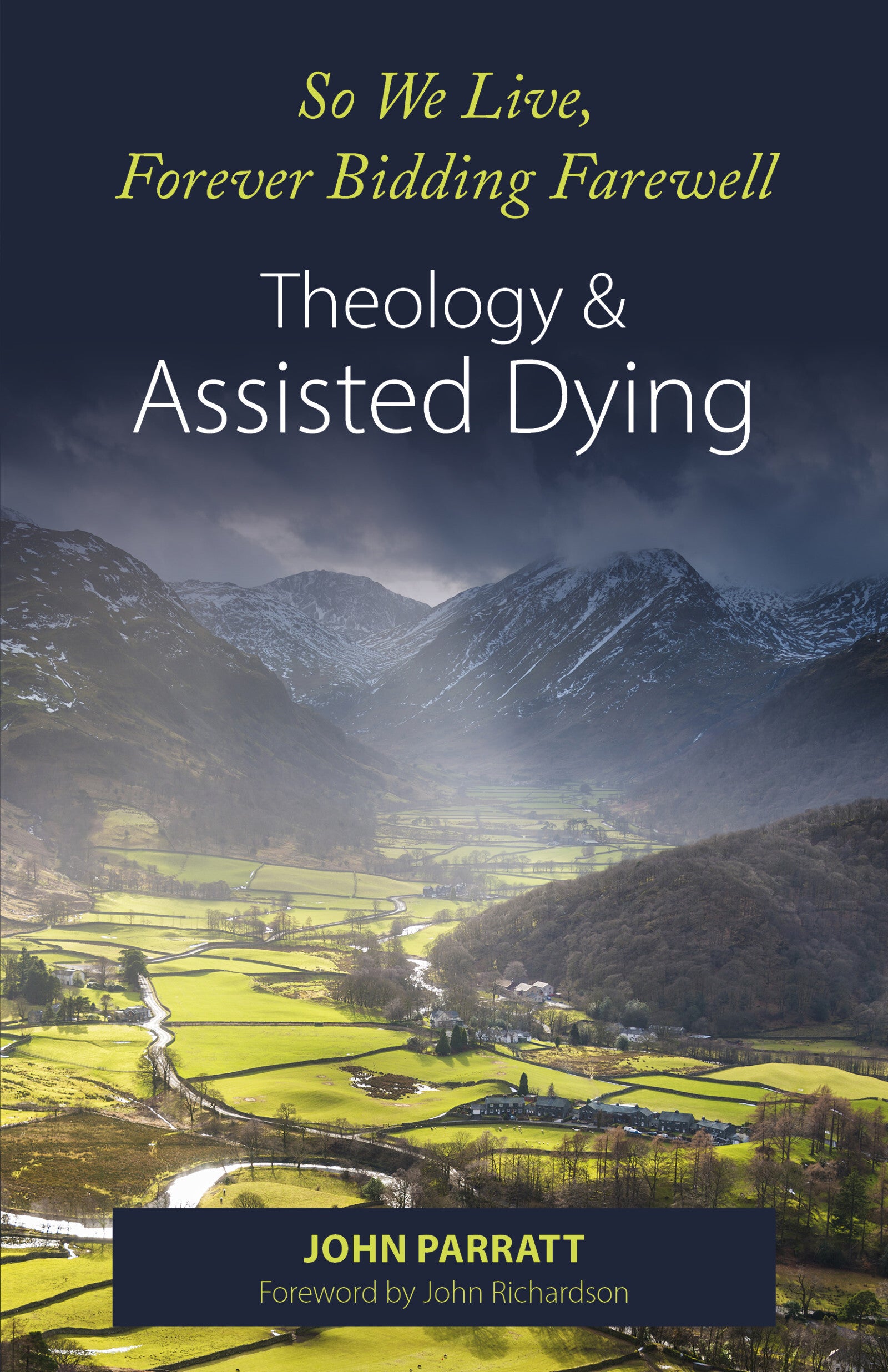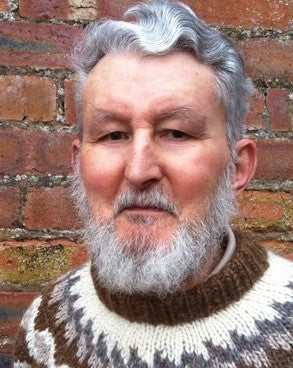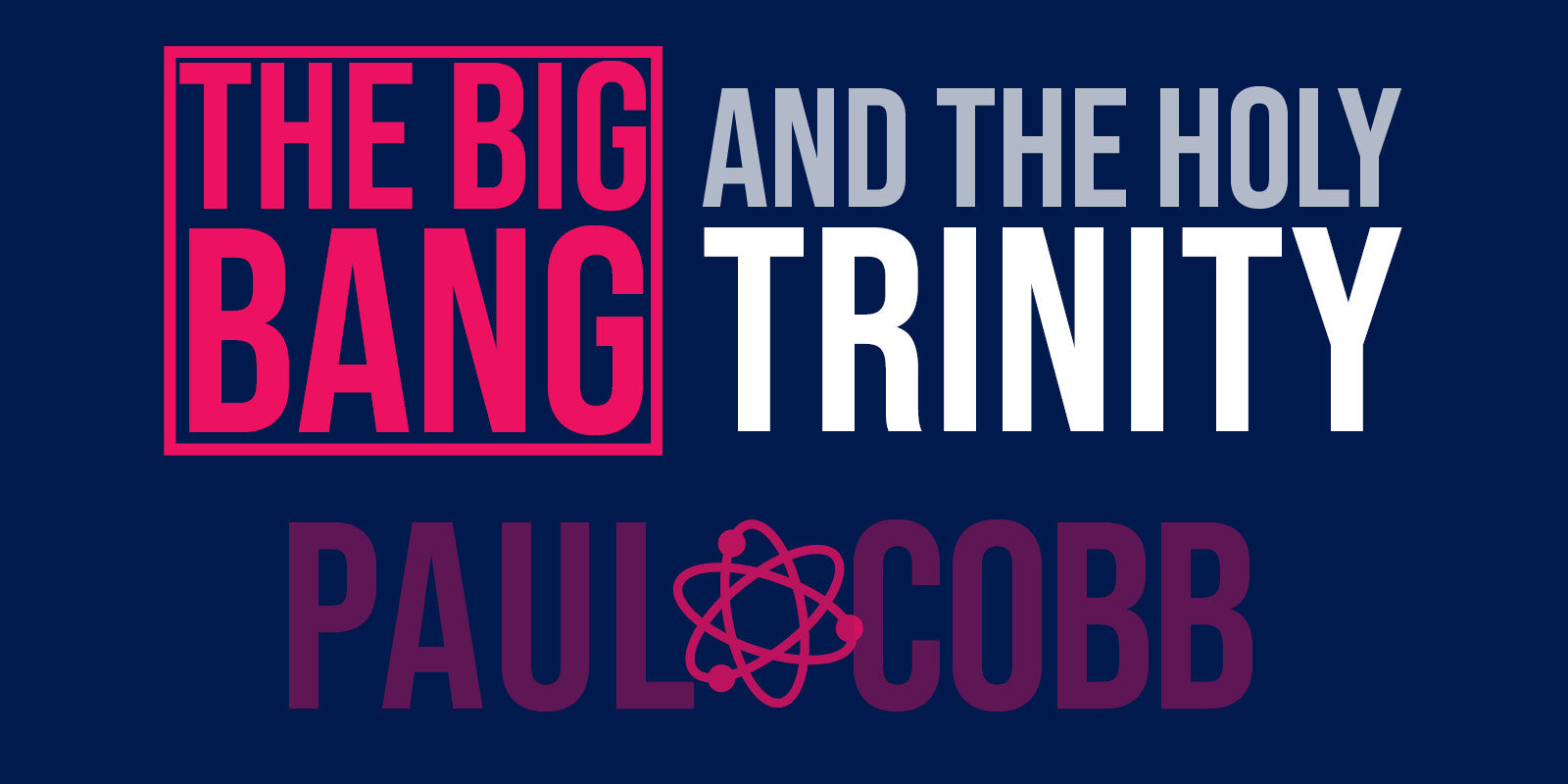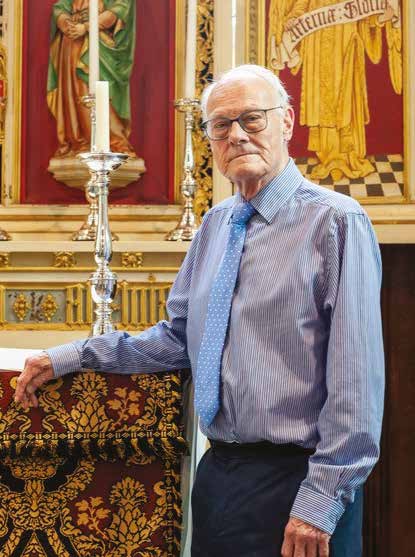
It has often been pointed out that the most vocal opposition to making assisted dying legal has come from the institutional churches. There have of course been notable individual exceptions (Hans Kung, Desmond Tutu, George Carey, and Paul Badham, amongst others). But by and large the official position of the churches has been that assisted dying is wrong and probably a sin. It is however ironic that this fierce opposition, when it is analysed, has more often than not been based not on theological grounds or scriptural exegesis, but on secular public reason. But the rightness or not of assisted dying actually involves very profound theological and faith issues: what does it mean to be human and what is the extent of human autonomy? What is the Christian understanding of life, dying, and life after death? What does theology have to say about pain and compassion? These are questions which go to the heart of what being a Christian is all about.
Within the last decades there has been a phenomenal advance in medical science, such that for many people it is seen as the panacea for all ills that is expected to keep them alive indefinitely. But this comes at a price. Public Health England estimates that on average we can expect the last quarter of life to be marred by illness and pain, and for some this will be extreme and intolerable. The dilemma of those suffering the pain of incurable and terminal illness, often unable to be relieved effectively by drugs, has been graphically illustrated in the many legal challenges to the assisted suicide legislation by those who wish to end their lives and at the same time protect those who may assist them. At best they must, if they are able, travel to countries where it is legal, at worst they may end their days in excruciating pain. Christian compassion demands a better way.
Recent polls of medical practitioners indicate that only slightly under half of them support the present law criminalising assisted suicide. Other surveys suggest that some 80% of the population of the UK favour legalising assisted dying, and among professing Christians the percentage is only slightly lower. It seems clear that the leaders of the institutional churches in their opposition to assisted suicide are out of touch with the general public and, more seriously, with people in their pews. Perhaps even more worrying, the world as a whole is undergoing what the UN calls “a longevity revolution”: one in every eleven persons alive today is over 65, and this age imbalance is set to get much worse. Longevity is as much a threat to survival of the planet as climate change, though it has received little serious attention.
Of course medical, legal, and secular arguments must be taken into account, and I try to address what seem to me to be the most important of these. But what I am seeking to argue in my new book is that Christians, especially Christian leaders, should re-examine the arguments for de-criminalising assisted dying on the basis of Christian faith, scripture and theology.
John Parratt was previously Professor of Third World Theologies at the University of Birmingham, and has published widely on the interaction of theology with society, culture and politics. He has been a Lay Reader in the Anglican Dioceses of Malawi, Botswana, and Carlisle.
John is the author of So We Live, Forever Bidding Farewell, a re-evaluation of assisted dying from a theological perspective, relating theological issues to scientific, pastoral and practical concerns about the subject. Get your copy here.











